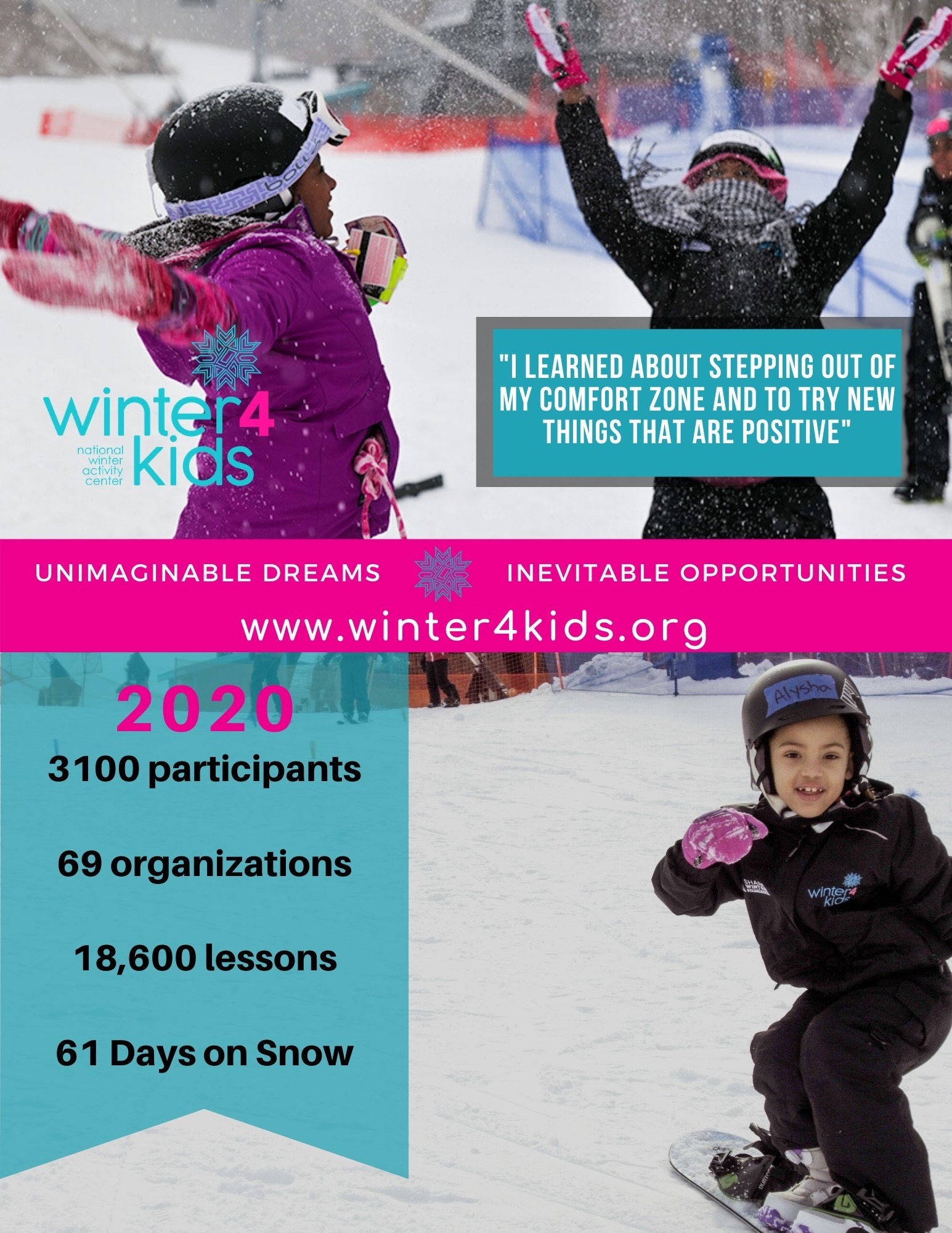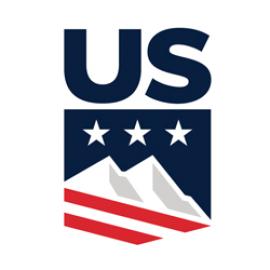Equity in Alpine Ski Racing: An Interview with Schone Malliet
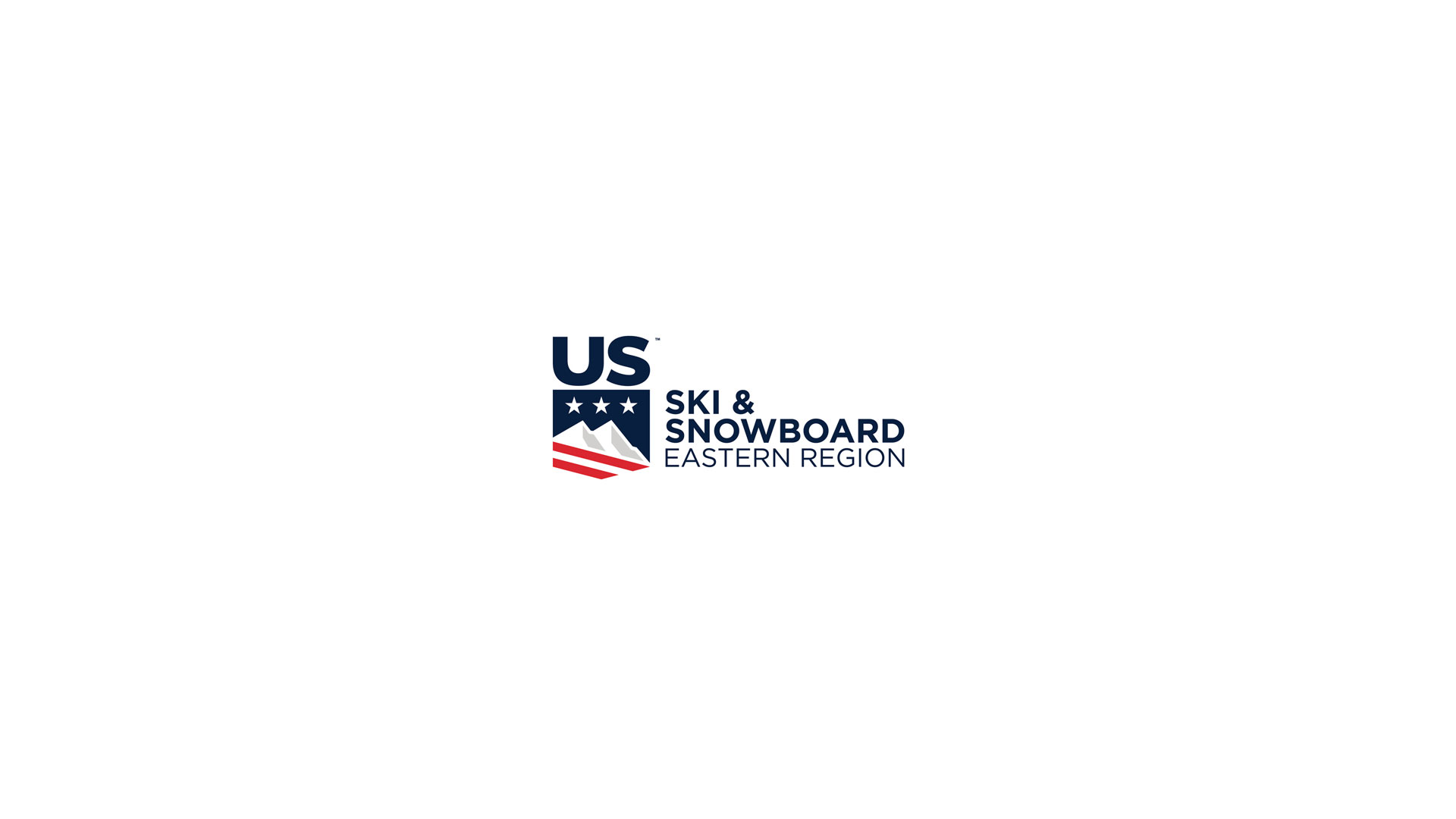
As we encounter the many challenges and hardships of the current COVID world, we are also coming face to face with social inequalities that exist in our country, and chief among those at this moment is racial inequality. It’s difficult to know what to do about something like that in our little bubble of alpine ski racing. Is there even anything we can do? How can we chart a path forward that might help address some of the inequalities we see in our sport? It’s hard to know where to begin, but in an attempt to start somewhere Paige Roberts and I sat down with Schone Malliet from the National Winter Activity Center and Winter4Kids in NJ to get some insight.
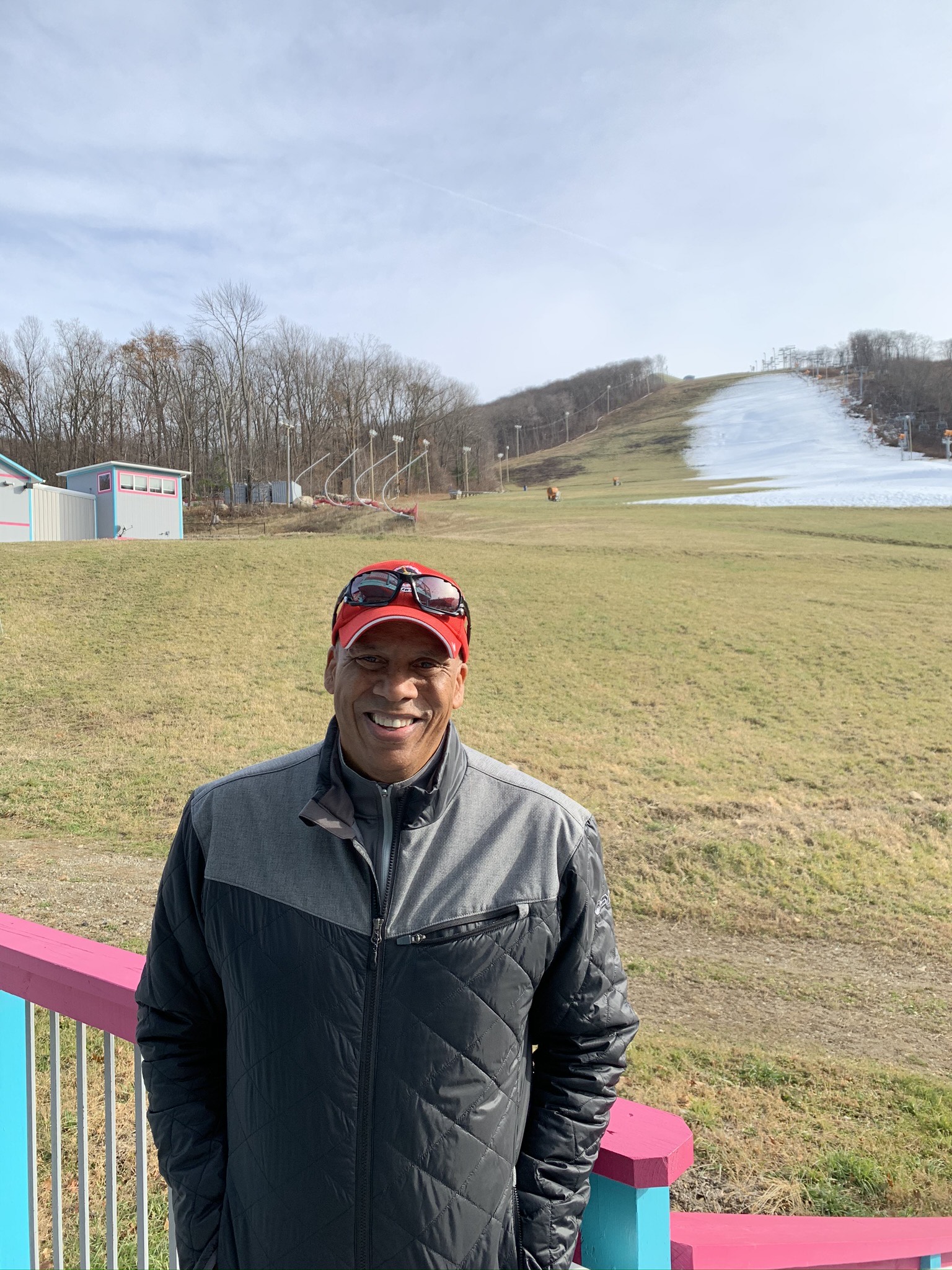
Many of you know Schone already, and many of you will have seen him as a panelist on the “Discussing Racial Diversity in Snowsports” discussion that took place recently. We’ve worked with Schone as a member of the Eastern Children’s Committee, and we’ve run races and training projects at his facility over the years. Knowing a bit about the mission that they’re working on with Winter4Kids, he seemed like the right person to talk to.
What follows is a condensed transcript of our interview. I hope that you’ll read it - it’s not long - and brainstorm with your club on some ways that we might all chip in to make our sport bigger, better, more equitable, and more accessible all at once.
Schone started out by giving us some of his personal background, and then we moved through a number of different topics that are relevant to the current moment in all sorts of ways. Of his upbringing in a housing project in the Bronx, Schone said, “When you grow up there, it is not a bad place because it is the place that you know…I am an asphalt kid. I did not grow up skiing. I didn’t think about winter sports at all, except I’d go outside in dirty snow.”
Schone went on to attend college on scholarship at Holy Cross, and then went on to the Marine Corps as an officer and a pilot. We will pick up the transcript of the interview there:
Schone: I flew jets, and after 8 years 9 months and 11 days give or take a couple hours or so, I got out in California and started my next career in technology from salesperson to CEO of a couple companies. Came back home and started another tech company, didn't work out, went into wealth management and after that I found my way into the National Winter Sports Education Foundation, which is now Share Winter and Winter4Kids, which is programs, people, and a physical facility at the National Winter Activity Center.
The mission of Winter4Kids is really to use winter activities as a way to improve the life, health, and fitness of youth, and Winter4Kids is the means to an end, not an end itself. It’s a great background and as I think about all those things I experienced and went through, the idea of race has never, ever, been distant. I’ve experienced explicit racism and implied racism, and one thing I realized is that Holy Cross gave me the ability to cope, and that just means getting through it. Some adjustments that I made to be a CEO in a predominantly white world, or be a voice in a predominantly white world - and surely winter sports is one - were to be authentic and to be myself. The second thing is to be overly conscious of making sure that any positions I took or spoke about were well-grounded, and to be able to create an environment for discussions without diminishing who I am.
And then who I am: First, I am black… Believe it or not! I am a Marine. A Crusader from Holy Cross. I’m a parent of a 20-year old. I’m also a coach, a TD, and run a winter sports facility, and have been a CEO of a number of companies. And in all of that, the experiences have given me the opportunity to grow - which I have. And to learn - and I’ve made a lot of mistakes. But also I’ve gotten the insight to understand the issue of race as we’re talking about it today.
I see it as that there are “issues” and there are “isms.” The issues are ones of race, gender, religion, politics, all kinds of issues. And then racism - like all the other “isms” whether they’re racism or sexism, are really actions taken to hurt physically, emotionally or socially in spite of information that is out there. And it’s a few things about racism that have become important:
One is that it’s not just the act [of overt racism]. Institutional or systemic racism is to not take actions when something is readily wrong, observed, or heard, and that’s what allows racism to continue. When I saw the pictures of the police officer kneeling on [George Floyd’s] throat, that was traumatic and revolting to me. But even more revolting were the three police officers who stood by and watched because in that case there was something that is wrong, morally repulsive, and to not act is a systemic part of racism no matter what shaped it.
Two is that the issue of dealing with racism is one of influencing behavior. In order to influence behavior, I think that we have to create safe places for people to ask questions, uncomfortable questions, then once people get answers to those questions then they can process that and then decide what they do. And what they do is up to each individual. It’s that they have to stand up in the environments that we’re in. Should you hear something or see something that you know to be wrong, then to say to the person there, first of all I believe that's wrong, second of all, why do you do that?
And then the third thing is to make sure that type of behavior is not acceptable to you. The more people that do that individually the less room there is for people who are racist to be comfortable to allow race issues to permeate.
Sam: You mentioned that your experience at Holy Cross had a big impact on your thinking. Can you tell us more about that?
Schone: They did a very good job at getting us in and providing us with access to an education. At a time when it was politically correct to do that, though, and some of the things that I’ve realized over time is that we’ve had laws for equal rights and civil rights, we’ve had laws that say, “By the way, you can’t discriminate.” And I think even I got lulled into the idea that things were getting better by the accomplishments that I've had, but the reality of it is that we dealt with the policy side of it, not the behavioral side of it. And now what's going on is the behavioral side.
And the other part of it that I have to own is that I've been going through these things but I’ve never communicated to people around me about the things that I've experienced which let people believe that Schone is okay. “Look at what he’s done. Check him out. See him? He’s done it, where are the rest of them?” But, what I didn't realize is that by not talking about it, I am part of the problem.
We discussed how to approach conversations about race, and how many different starting places there are for people at the beginning of any kind of discussion about something like race.
Schone: I usually go with people's intention. I was once referred to as “the distinguished negro gentleman that we hired at our company.” This was in the ‘80s. I guess in the context of where he came from, that was a compliment. It’s also about perspective because his intention wasn’t to be demeaning, that’s all he knew. All I’m saying is that I have a responsibility, to be willing to take questions and answer questions that people might have.
Paige: With the guy who referred to you as “a distinguished negro gentleman,” and you just said, “Oh, well he meant it as a compliment.” That would be exhausting to me, to always have to come back up from that and give people the benefit of the doubt but still not be quite sure… It's such a huge task to change the thinking of so many people.
Schone: I would say to change it - it’s one person at a time. It’s the conversations, it’s the questions… It is very exhausting!
I realize that somewhere along the line, by not having the conversations, we have not humanized race. So, “they” become a thing. They don’t become a person. I think that’s the issue. I’ve told Sam, sometimes conversations are disrespectful and disregard people on some of our business calls. That needs to be called out and said “That doesn’t work and it’s not appropriate; don't do that.” We have to let people know around us that the behavior is not acceptable and the more you do that the tougher it is for people who stay there to do those things.
Sam: One of the things I’ve experienced is there’s a lot of use of double-entendre. People are like, “wink-wink” and if you call something out as sexism or something like that, it’s like, “Oh no, that’s not how I meant it! It’s this other thing.” And sometimes it’s just pretty hard to believe. People are pretty good at walking the line of plausible deniability, but you can’t help but see this stuff out in the world.
Schone: That’s what’s happening now. What people say is, “No more plausible deniability.” If you stand on the sidelines and don’t say anything or call it out, you’re implicitly giving the right and permission for it to continue.I have hope. I really have hope because now we’re having this conversation. And I’m being as raw, open, and authentic as I can be and I apologize for not being that way before, because I let people stay with assumptions that were probably not correct.
Sam: I don’t really find fault with you for that because I don’t think it’s fair to necessarily shoulder that burden on one person. All this stuff is so tough to talk about. There are so many social taboos, and real pain, too. I think there is a lot more out in the open now, and everything is on the table for discussion. Personally I feel more free to talk about it…
Schone: If I don’t do it, and make myself available, who is? I have students at Holy Cross ask me, “Why do we have to be the people who have to be the experts on race?” And I say, “You aren’t the experts on race, you’re the experts on how race has impacted you and if you don't share with people, how do you think they’ll humanize it?”
Sam: One of the things you and I talked about was that I don’t want to put you in a position to speak for every African American person out there because what you can do is speak to your own experience and understanding. “You don't have to be the expert on race, you have to be the expert on you.” You mentioned at the beginning of the call before we started recording that you should go on CNN because your phone is blowing up. Do you feel like you're being asked to shoulder this burden for our entire segment right now? We’re burdening you in a way with this discussion; is there an element where you’re the sort of token African American man we can speak to?
Schone: I hope that there are others who are Black that can be turned to. I was built to do this. It’s part of the responsibility. I’m Catholic, a practicing Catholic, so God has given me the tools and the experiences to get through it, so it's part of who I am. I have lived a great, great life. I think about what I do now and it’s perfect. I’m not the token; I am a person who is here who has experiences which I can share with people, and I should… I don’t sit in judgement, I’m not an expert, but I can at least give you what I think and what I feel and it's up to each one of you as individuals to decide what you do with that.
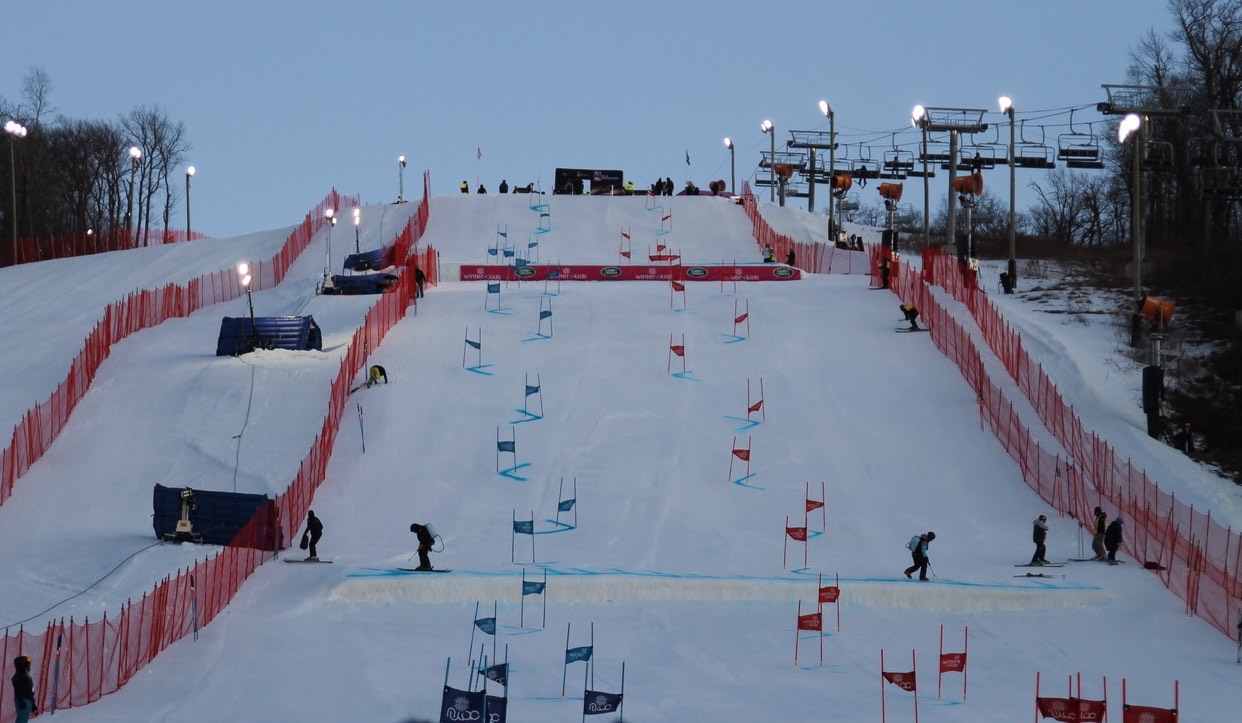
We talked more about some of the hurdles they’ve overcome in starting Winter4Kids. Schone gave us some more perspective on the racial issues we’re faced with:
Schone: You know Winter4Kids and the National Winter Activity Center and Share Winter came out of an initiative from U.S. Ski & Snowboard. Share Winter Foundation was the National Winter Sports Education Foundation that was founded by me and based upon Dick Coe and Walt Evans responding to a request from a trustee to create an initiative around Urban Youth, and that’s where all of this has come from. So, when I talked to Tiger about this, I said, “Tiger, I understand you’re looking at this and what you can do, but U.S. Ski & Snowboard did do something to start this and we are a direct result of that. So while it’s not the end result, there was some insight and some listening that went on to be able to do this.”
Every one of these kids is, when they’re here, around individuals of other races, other colors, other genders, they interact with instructors and coaches. And then, they get healthy meals, they get mentoring… One of the participating organizations said, “Schone, you guys are doing the work of impacting behaviors.” And so, when we talk about healthy lifestyles, that is more than what you eat, and more than activity; it's how you think, and how you feel, and what you understand.
Paige: Ski racing is a predominantly white sport, and when you created Winter4Kids you were creating opportunities for underprivileged kids who wouldn't normally have these types of opportunities. Did you have the thought in mind that it would affect specifically children of color or was it just kids all together?
Schone: When it was started it literally was started to get urban youth involved in winter sports and it came out of a trustee on the foundation side. That particular person felt that his experience and the experience of his family should not just be limited to individuals of means… We are going to make sure that we open up winter activities that change the lives of kids who traditionally don't have access. “Traditionally don't have access” is interesting because that's a very broad statement. There are rural-agricultural based kids who don't have access. There are suburban based kids who don't know anything about it. There are urban kids who don’t. Yes, there is ethnicity. 33% of our kids are Black, 24% are Hispanic/Latinx, 19% are White, the remainder are Native American and “do not choose to respond”. And all of those kids traditionally do not have access.
Our customers are not individuals, they are schools and youth-serving organizations. 69 of our nonprofit organizations registered 3,101 kids in our program, which is not just one day it's six sessions over a season, and then we expect them to come for three years. The first year they come, they do two sessions each of skiing, snowboarding, and cross country. The next year they come back and choose a focus. Then we have a curriculum for snowboarding, a curriculum for cross-country, a curriculum for alpine. And now we're starting to introduce the concept of competition through directed turning, and give them the idea behind that. And we go one step further: each one of these entities have to create a winter activity club so they have a community within their schools or organizations so they can go back and talk about what they've done.
Paige: Have you ever had another program director express to you that they’d like to create something similar to Winter4Kids? What would you tell someone who wants to do something similar to this?
Schone: I think that, from an industry standpoint, there are places that should do exactly what we do: focus on nothing but development and competition [for kids who otherwise wouldn’t have access], because it builds a community for the future and grows the sport. Smaller areas that have the opportunity to give access to populations that don't traditionally have access.
Sam: Let’s say I’m a program director up here in northern New England or northern NY - places not known for racial diversity. And yet there are certainly people of color in our communities, not to mention that when a program hires they’re often looking well outside their local community for staff, so there really is an opportunity to have more diversity in our sport. Regardless of where you’re from, you could do it. Tiger has made a commitment to look at how they’re recruiting staff, for example - if they use different channels for recruiting staff, they will likely get a more diverse group of applicants. How can we work to broaden diversity in our clubs at the staff level? I think these efforts could work if we put our minds to it, but how do we start?
Schone: So let me talk about staffing and recruiting especially as it relates to an African American pool of candidates. There is a historical context. Most of those of us who are African American and are skiing are first generation college educated people. So understand that for us getting into society at a different level, the direction is to pursue things that are practical, rather than aligned with our personal passions. And what I’m saying is that the economics of working in the ski industry are not the best in the world. They’re not. So take the NBS, which has been around since 1973. Most of those people are individuals who have jobs and lifestyles that require that they choose another path [other than snowsports professional]. So I guess the first thing is how do you create opportunities for those first-gens who are just getting into college, just getting into education? They’re lawyers, doctors, and they’re going down a different path to fit into society, so they don’t necessarily have the choices of pursuing - and I don’t mean to be generalizing here, but “ski bum” types of things, right? [laughing]
Sam: It’s a funny thing to say but yeah, there is a certain lifestyle that’s not even in the upper tiers of society that you could argue is basically a result of white privilege.
Schone: Yes that’s exactly right. Some people can choose to do it because they don’t have to worry about stuff, but even emotionally and psychologically - coming out of college as a first-gen it’s, “I’m going to be a lawyer,” or “I’m going to be a doctor,” because it’s going on this path towards validation. And so that in itself is a challenge, and it’s interesting because even people who are second-generation feel they have choices and can choose that. But for first-gens it’s a matter of, “Why would you go and do that?” In order to recruit, you have to understand what you’re offering that’s compelling for people to do that. So it’s not just enough to say, “I’m going to hire,” because there may not be an interested pool out there to hire.
It goes to what privileges and choices we may have. If you grew up in northern New England, there’s a lifestyle that’s comfortable for you. But coming out of New York or Boston there may not be those kinds of opportunities so people aren’t likely to think they can or should move up to Burlington or a different northern far off place. So the recruiting part of this is not that easy!
We have to be thoughtful about this. It’s the second- and third-gen that have the opportunities because they feel they have choice.
The weekend programs probably have the best opportunity because that’s the place that people can have their job during the week and pursue their passion on the weekends. They can have both worlds!
Sam: Does anything jump out at you as things we could do right now to be better on the inclusivity side? How does immersion and equity look best to you in our sport with its current organization? How can we do a better job with immersion and equity right now?
Schone: I think that you already have part of the solution. We came out of USSS, which is interesting because we are the attempt to do that, and in such a way that doesn’t drain the economics of the organization - we stand alongside. I think there are other opportunities for what we do to be replicated by other programs or entities. Look at Sky Tavern in Reno, or Buck Hill which is in an urban area. I think we have places that we can task with doing that without destroying or compromising the current infrastructure.
Knowing that we have certain barriers to entry, the way to deal with it is to remove those barriers. We’re trying to do that, I think other places can do that. But really the thing about the pyramid is that the more we get in at the base, the bigger the pyramid will become. So the more we can make things available or make things accessible, the better we’ll be. We have 4.5 million kids in a 70-mile radius but we have the lowest athlete population in the Eastern Region. Mountain Creek will do 10,000 skier visits in a single day, but nowhere out there do we have anybody promoting racing. And that’s a very diverse population, but we don’t have it out there. So I think we have to communicate the fact that it exists, and let people try it out. That’s why Buddy Werner and NASTAR became so important and popular, but they got co-opted into a path to elite competition when it was supposed to be fun. I think we need to embrace the fun part at every level. USCSA has done a good job with that, high school racing has done a good job with that. Those are the kinds of opportunities for us to take the steps.
Paige: Is there anything else that we haven’t touched upon that you feel is important?
Schone: I think that to answer the question of “What do we do now?” That is the key, and I think the answer is to create an environment where people can ask questions and have conversations about uncomfortable things. I think that’s the path toward dealing with this. It seems simple, but it’s not without its challenges. Being uncomfortable means being vulnerable. Being vulnerable means you’re trusting that you’re not going to be judged and that’s tough for human beings. But I think that’s really the next step.
That is where we finished our interview. There is always a lot of work to be done in a society that’s seeking greatness. I am optimistic that our sport can be part of the solution, even if it’s only in a small way. I believe that we can have a positive impact on American life, but we will have to be purposeful, attentive, and diligent in order to do so.
What are the concrete next steps? I believe that everyone has something they can do and it’s important for each one of us as individuals to ask ourselves, “What can I do? What can my organization do?” Then go do it.
Many thanks to Schone for dedicating his time to this with Paige and me. If you’d like to know more about Winter4Kids, you can visit their website at https://winter4kids.org/
Sincerely,
Sam
